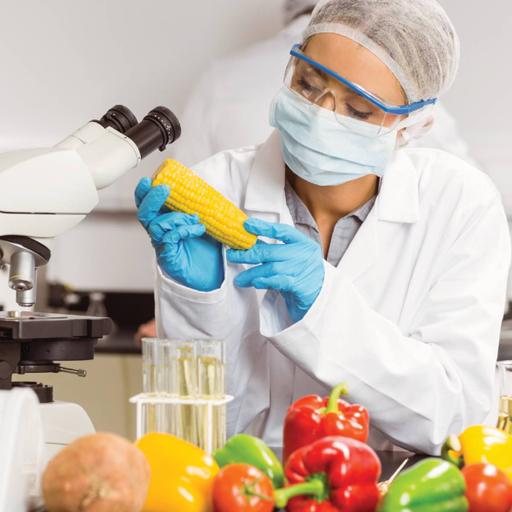Food Microbiology
Presentations | English
Microorganisms are of great significance to foods for the following reasons: (1) microorganisms can cause spoilage of foods, (2) microorganisms are used to manufacture a wide variety of food products, and (3) microbial diseases can be transmitted by foods. Food microbiology comprehends the study of microorganisms that colonise, modify, and process, or contaminate and spoil food. It is one of the most diverse research areas within microbiology. It comprises a wide variety of microorganisms including spoilage, probiotic, fermentative, and pathogenic bacteria, moulds, yeasts, viruses, prions, and parasites. It deals with foods and beverages of diverse composition, combining a broad spectrum of environmental factors, which may influence microbial survival and growth. Food Microbiologists study the interactions between food, microorganisms and their environment to ensure food safety, quality, and value. They study methods to preserve foods and prevent them from spoiling the food production chain.

57.75
Lumens
PPTX (77 Slides)
Food Microbiology
Presentations | English
